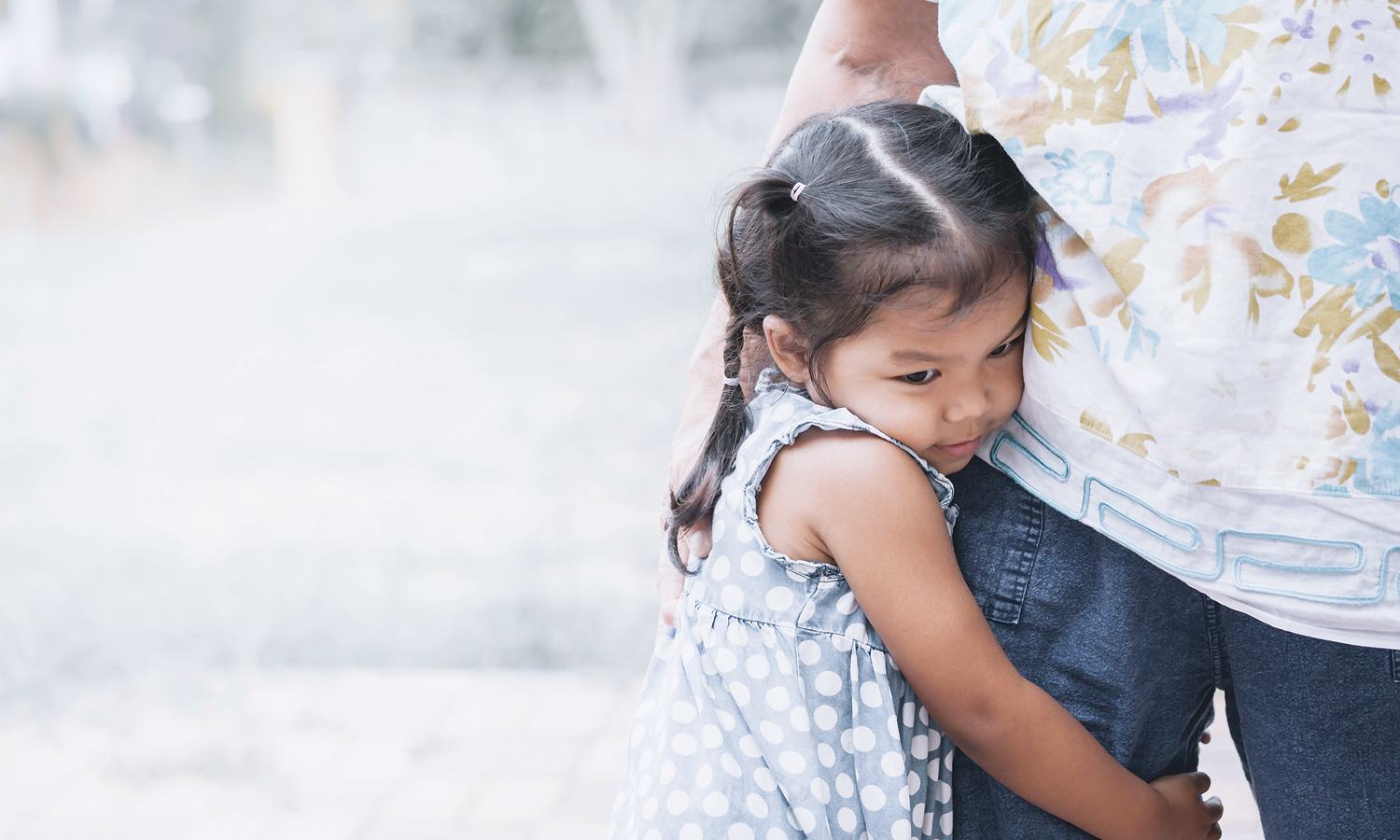

Psychological issues among children are quite common during the pandemic and they vary from anxiety to depression prompting them to give up hope and make them feel that there’s nowhere to go, nothing to do and nothing to connect with.
Albeit the life sailing back to normal might have changed their boredom of staying indoors, the scars of lockdown and total confinement within the four walls of their home might have impacted them, of course, not positively.
Dr Younis bin Ibrahim al Balushi, Consultant Paediatric Pulmonologist at the Royal Hospital, suggests one of the unique characteristics of Covid-19 among the children is that they shall develop multi-system inflammatory syndrome (MIS-C).
“MIS-C can affect the children and it is considered to be a severe infection. It can also happen a month or so later after the Covid-19 infection,” Dr Younis said, adding that “children are greatly affected during the pandemic because they are given limited options to go out or mingle with friends and they are limited to only a few resources for their leisure and entertainment. They should be given alternative avenues as much as possible.”
On the other hand, some children show different symptoms like diarrhoea, skin rash, diabetes or other conditions, or even acute appendicitis. When kids show unusual symptoms, a Covid-19 test should be done.
Mental health problems such as depression and anxiety were on the rise among children aged 6 to 17 even before the coronavirus hit and social isolation caused by social distancing can make these symptoms worse, experts opine.
“Children are the most vulnerable lot during the Covid-19 pandemic and while it has completely changed the ways of living, meeting, greeting, travelling, children bear the brunt of change in schooling and staying indoors because unlike the elders, children are less likely to stay indoors,” said Dr Dilip Singhvi Internal Medicine, Specialist Apollo Hospital.
The world over, for the kids it was entirely a new world, as they were asked to remain indoors for almost a year now, not allowed to play outdoors with their friends due to lockdown although it is relaxed now. Children were asked to wear masks, a new concept for them, they have to study at home as all schools were closed for most of the year and have to adjust to a new way of learning.
For the younger kids who are yet not used to using and sitting on computers for long hours, it was even more difficult.
Many children suffered from health issues like headaches, soreness of eyes, body aches, muscle aches due to long hours on computers for schooling or tuitions.
New norms of wearing masks, social distancing, and handwashing had to be taught to the kids.
Adults, parents, teachers and their peers have an active role in helping these children come out unscathed and lead a normal life, according to the experts.
Parents are requested to take them away from those infected people and teach them. Precautionary methods, while providing an alternative environment to them.
“Parents should also spend more time with the children these days, listen closely and set routines for them while taking care of themselves. Additionally, school and community organisations should come forward to support students through virtual events, telehealth sessions and socially distanced activities,” Dr Younis al Balushi added.
Oman Observer is now on the WhatsApp channel. Click here



